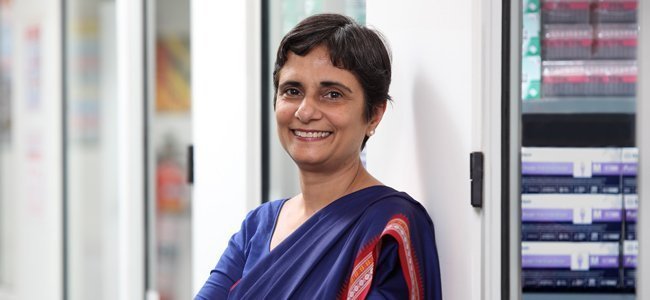Royal society is the oldest national scientific institution of the world. Founded on 28 Nov. 1660, it was granted a Royal Charter by king Charles 2nd as “The Royal Society”. The Royal society is a self governing fellowship made up of the most eminent scientist, engineers and technologists from UK and the commonwealth. Fellow and foreign members are elected for life through a peer review process on the basis of excellence in science.
FRS is an award granted to individuals that the Royal society of London judges to have made a substantial contribution to the improvement of natural knowledge including mathematics, medical science, engineering science. Some of their members are academic giants like Issac Newton, Rutherford, Albert Einstein, Francis crick.
Fellowship of Royal society has been described as “the equivalent of lifetime achievement Oscar”.
Some of the Indian who hasd been honoured are
Ardaseer cursetjee wadia FRS born parsi, an Indian shipbuilder and Engineer belonging to the wadia ship building family. He is noted for having been the first Indian to be elected a Fellow of the Royal society. Some of the Indian FRS are-
Srinivasa Ramanujan was a Indian Mathematician. Though he had almost no formal training in pure mathematics, he made substantial contribution to mathematical analysis, number theory, infinite series and continued fraction, including solutions to mathematical problem considered to be unsolvable.
Venkatraman Ramakrishnan is an Indian structural Biologist. In 2009 he got Nobel prize in Chemistry “for studies of the structure and function of the Ribosome”. He was elected President of the Royal society for a term of five years starting in 2015.
Gagndeep kang is the first woman who get selected as a Fellow in 359 years of history of this prestigious scientific academy. Kang is the executive Director of Translational Health Science & Technology Institute India. Kang is known for her interdisciplinary research of enteric infections among children, has played a significant role in developing indigenous vaccines against Rotavirus and Typhoid. She is seeking to build a stronger human Immunology research in India. Gagandeep kang completed her Bachelor of Medicines, Bachelor of Surgery (MBBS) in 1987 and her Doctor of Medicine (MD) IN Microbiology in 1991 from Christian Medical college, Vellore.
Kang played a significant role in the efforts that culminated in the development of Rotavac, a vaccine from Bharat Biotech International that targets Diarrhea. She was one of three principal investigators in the phase-3 clinical trails of vaccine.
Translational Health Science and Technology Institute (THSTI) is an autonomous institute of department of Biotechnology Ministry of Science and Technology. It was set up in 2009 at Gurgaon and it now located in NCR biotech science cluster, Faridabad along with regional centre for Biotechnology. Translational research is the process of applying knowledge from basic biology and clinical trail to techniques and tools that address critical medical needs. Unlike applied science, translational research is specifically designed to improve health outcome.
Translational research is needed because treatment and cures are yet undiscovered, and approving drugs for widespread use takes considerable time and resources. In addition clinical trails face many challenges, for Ex. disease, induced during an experimental trail don’t always mimic how a disease naturally develops. In translational research, scientist who study biology and genetics partner with community members, engineers, pharmacists, bioformaticists and others. Multidisciplinary collaboration results in diagnostic devices, chemical agents, powerful algorithms, and a culture of creating knowledge to answer complex medical questions.
The idea of translational research was originated within the medical community and has a variety of definitions. This concept frequently “refer to translating research into practice” or ensuring that new treatments and research reach those individuals for whom they designed.
One of the problem is a lack of sustain long term commitment in biological research by granting agencies. No good research outcome can be achieved by undercondition. No good project can progress and prosper if long term funding are not ensure. “ if one has to dig well on a daily basis to drink water most of the time will be spend is digging well itself”.
Research today can not be done in isolation, both research scholars and professors should be encourage to interact with other international groups by providing liberal travel funding. Since, research is expensive and time consuming more clear cut goals have to be fixed to start with. Though ISRO and Atomic energy have been an our important research areas more and more emphasis should now be given to biological research as well.
Of course, for all this to happen it is important that we nurture a large pool of young students both man and woman, who are well motivated and are not afraid to ask probing questions. Parents need to made aware that carriers are not merely just becoming Doctors and Engineers, but also as a Research Scientist.
Warning: Trying to access array offset on value of type null in /home/truevigy/public_html/wp-content/plugins/elementor/includes/base/controls-stack.php on line 1627
Warning: Trying to access array offset on value of type null in /home/truevigy/public_html/wp-content/plugins/elementor/includes/base/controls-stack.php on line 1629

